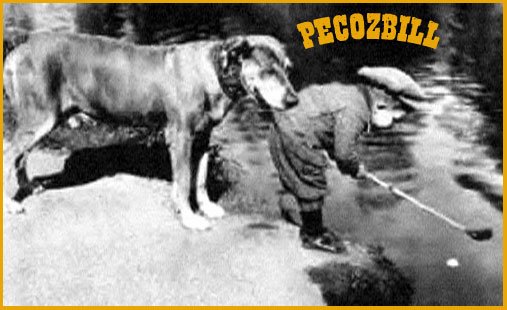Supreme Court upholds photo ID law for voters in Indiana
MARK SHERMAN April 28, 2008
The Supreme Court ruled Monday that states can require voters to produce photo identification without violating their constitutional rights, validating Republican-inspired voter ID laws. 
In a splintered 6-3 ruling, the court upheld Indiana's strict photo ID requirement, which Democrats and civil rights groups said would deter poor, older and minority voters from casting ballots. Its backers said it was needed to prevent fraud.
It was the most important voting rights case since the Bush v. Gore dispute that sealed the 2000 election for George W. Bush. But the voter ID ruling lacked the conservative-liberal split that marked the 2000 case.
The law "is amply justified by the valid interest in protecting 'the integrity and reliability of the electoral process,'" Justice John Paul Stevens said in an opinion that was joined by Chief Justice John Roberts and Anthony Kennedy. Stevens was a dissenter in Bush v. Gore in 2000.
Justices Samuel Alito, Antonin Scalia and Clarence Thomas also agreed with the outcome, but wrote separately.
Justices Stephen Breyer, Ruth Bader Ginsburg and David Souter dissented, just as they did in 2000.
More than 20 states require some form of identification at the polls. Courts have upheld voter ID laws in Arizona, Georgia and Michigan, but struck down Missouri's. Monday's decision comes a week before Indiana's presidential primary.

In a splintered 6-3 ruling, the court upheld Indiana's strict photo ID requirement, which Democrats and civil rights groups said would deter poor, older and minority voters from casting ballots. Its backers said it was needed to prevent fraud.
It was the most important voting rights case since the Bush v. Gore dispute that sealed the 2000 election for George W. Bush. But the voter ID ruling lacked the conservative-liberal split that marked the 2000 case.
The law "is amply justified by the valid interest in protecting 'the integrity and reliability of the electoral process,'" Justice John Paul Stevens said in an opinion that was joined by Chief Justice John Roberts and Anthony Kennedy. Stevens was a dissenter in Bush v. Gore in 2000.
Justices Samuel Alito, Antonin Scalia and Clarence Thomas also agreed with the outcome, but wrote separately.
Justices Stephen Breyer, Ruth Bader Ginsburg and David Souter dissented, just as they did in 2000.
More than 20 states require some form of identification at the polls. Courts have upheld voter ID laws in Arizona, Georgia and Michigan, but struck down Missouri's. Monday's decision comes a week before Indiana's presidential primary.
Wheee Doggies!! Next thing you know, they might prevent illegal aliens from voting, getting free schooling, medical care and food stamps.....! Nahh -that'd be too much to ask!

No comments:
Post a Comment